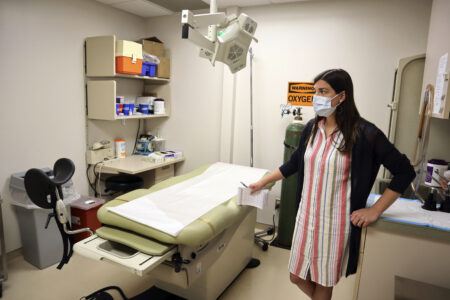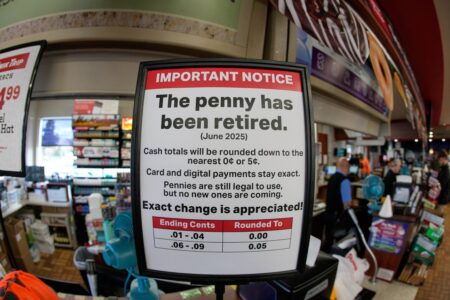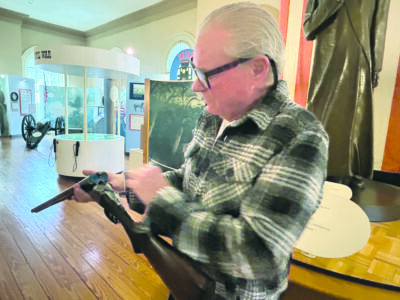After Abortion Ruling, West Virginia Clinic Staff Grappling With Trauma

Chief Nurse Executive Danielle Maness stands in an empty examination room that was used to perform abortions at the Women's Health Center of West Virginia in Charleston, W.Va. on Wednesday, June 29, 2022. After the U.S. Supreme Court ruling that overturned Roe v Wade, the clinic had to suspend abortion services because of an 1800s-era abortion ban in West Virginia state code. (AP Photo/Leah Willingham)
CHARLESTON, W.Va. (AP) — Danielle Maness has squeezed the hands of hundreds of anxious patients lying on tables in the procedure room, now empty. She’s recorded countless vital signs and delivered scores of snacks to the recovery area, now silent.
Peering into each darkened room at West Virginia ‘s only abortion clinic, the chief nurse wondered whether she’d ever treat patients here for abortion care again.
“It literally just sickens me, and we don’t know what their futures hold for them,” Maness said of the residents who rely on the Women’s Health Center of West Virginia. “It’s the kind of heartbreak that’s difficult to put into words. There are all these ‘what- ifs.'”
The waiting room should have been filling up with patients on two days last week, when the clinic reserves all slots for abortion appointments. But since the U.S. Supreme Court overturned Roe v. Wade days earlier and ruled that states can ban abortion, the clinic was forced to suspend the procedures because of an 1800s-era state law banning them. The ACLU of West Virginia filed a lawsuit on behalf of the clinic, asking that the law be declared unenforceable so staff can immediately resume abortions. Other states are in various stages of legal limbo.
Nationwide, workers at clinics that shuttered abortion services are feeling fear and stress as they try to pick up the pieces and chart a path forward. At the West Virginia center, the days following the historic court ruling brought on a different kind of grief for staff as their new reality set in, one Maness said will linger long after the initial trauma of the decision.
The conversations with frantic patients that first day play on an inescapable loop in her head.
“I don’t think any of us can block it out,” she said. “It’s constantly on our minds.”
The entire staff found themselves in crisis mode for days, though they and others across the country expected the ruling for months. “You think you think you’re prepared for the moment, but you’re never really prepared until it’s a reality,” executive director Katie Quinonez said.
She watched her staff break down and sob. Some called patients or answered phones. Workers who had the day off showed up, some still in pajamas, to relieve colleagues and offer support. Quinonez encouraged all to take breaks, often managing the phones herself.
She’ll forever remember that Friday as one of the worst days of her life. When she and her staff returned to work, she held off on filling the vacant slots from canceled abortion appointments. Some patients still needed other services, but she wanted to let workers catch their breath. She told them to come in late if needed. Clinic rooms remained largely empty, dark and quiet.
But still, the phones rang.
Beth Fiddler sat at her desk behind the clinic’s glass reception window in the waiting room. She had no patients to check in, no Medicaid data to scan into charts, no informative packets to hand out.
Some callers were in denial. Some remained stoic, others cried. A few responded with hostility, insisting Fiddler was wrong. She tried to be polite, empathetic — but the conversations take a toll.
“It frustrates me,” she said. “I’m already stressed out and upset. I understand wanting to find a way, but there’s no way.”




